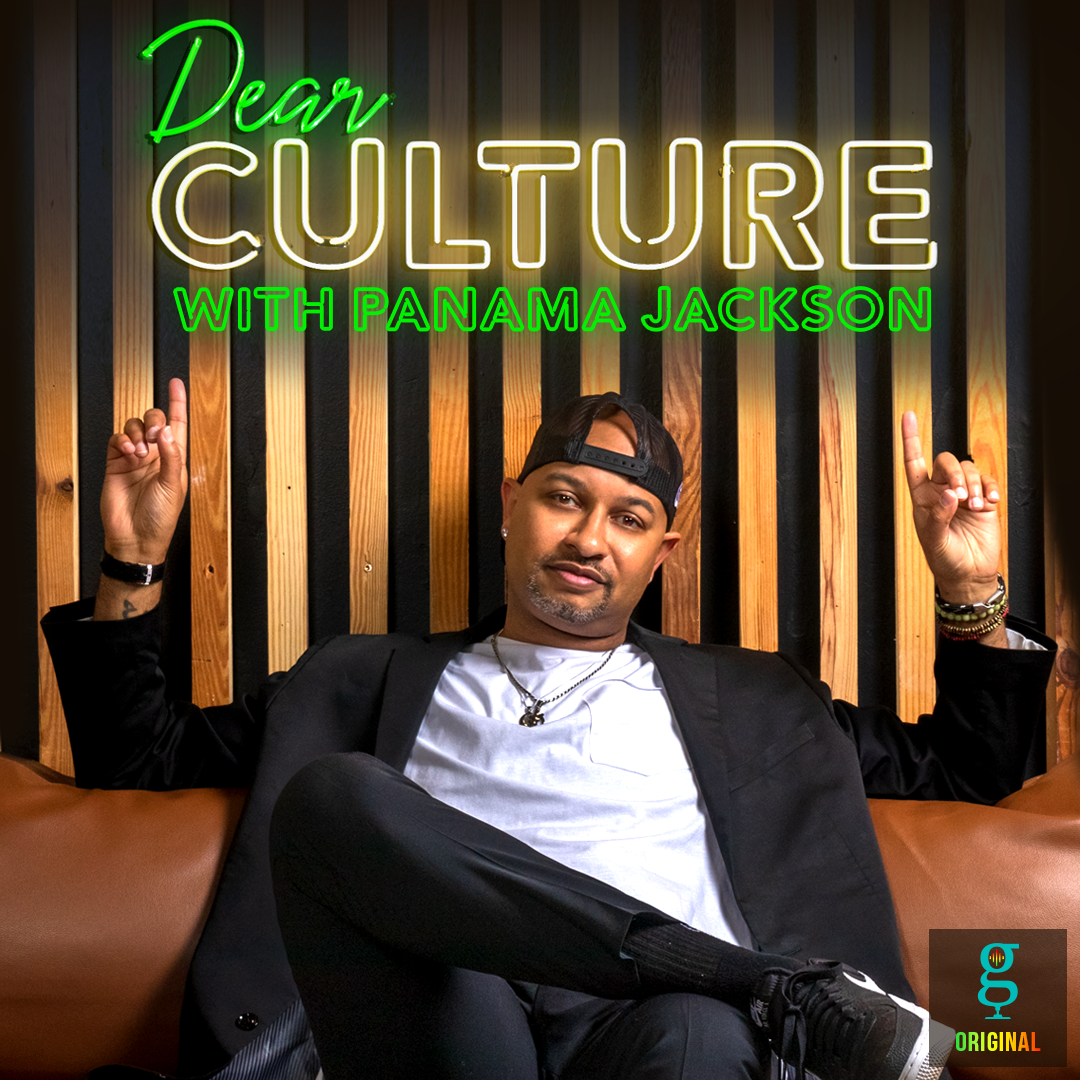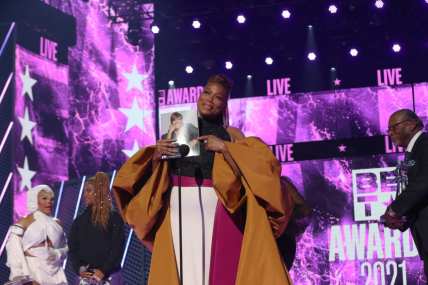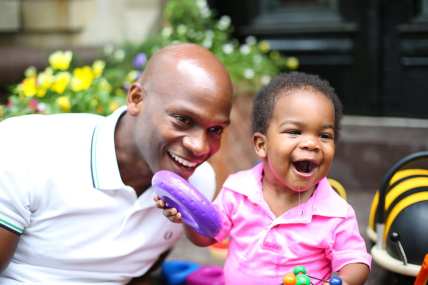
Read the full transcript here.
From Omar Little, to Chalky White to Montrose Freeman, Michael K. Williams‘ beautiful and powerful embodiment of his characters made him a beloved actor the world over. This week on the Dear Culture podcast, our hosts theGrio Social Media Director Shana Pinnock and theGrio Managing Editor Gerren Keith Gaynor reflect on the star’s life and unpack addiction within the Black community.
Shock, grief and disbelief flooded Twitter on Monday when news that the actor and choreographer, who rose to fame on HBO’s The Wire, died. Even more heartache followed when the Associated Press and other outlets reported that the NYPD were investigating his death as a possible drug overdose.
Williams spoke publicly about his struggles with addiction in 2012, saying, “It was just a matter of time before I got caught and my business ended up on the cover of a tabloid or I went to jail or, worse, I ended up dead. When I look back on it now, I don’t know how I didn’t end up in a body bag.”
Harmful legislation, destructive policies that disproportionately affect Black and Latino communities and limited to no access to care are just a few of the major factors influencing rising rates of drug overdoses in marginalized communities. According to researchers at UCLA, Black Americans experienced a 50 percent increase in drug overdoses in 2020.

Compounding the dire issue is the havoc wreaked by the COVID-19 pandemic. Earlier this year, the American Society of Addiction Medicine released a statement, which in part, demands reforms to policies it says further harms BIPOC communities battling addiction.
This week the hosts were joined by Dionna King, programs manager for Vital Strategies, a global public health organization and member of its Overdose Prevention Program. King said that while there’s been a cultural sea change in how we talk about drugs and those who may have a dependent relationship with them, that change has not necessarily been reflected in the areas where it is most sorely need.
“We’re still seeing criminalization, we’re still seeing people encountering arrests because of drug use across race and gender,” said King. “Yes, white people have engendered this more sympathetic consideration of who uses drugs, but what we’re seeing is that not really changing in public policy and that’s where we need the work done.”
King also pointed to stigmatization, the war on drugs and limited access to proper care and treatment as barriers for communities of color.

“Drug use throughout the country has been stigmatized…which makes it difficult for anyone to be transparent about their drug use both within their community and their family dynamic,” said King. “I think with Black people, specifically, there’s just been so much harm done to our community overall attached to the drug war. So there’s this desire to have no one use because we’ve seen how damaging it can be.”
She added that meeting folks who may be misusing drugs where they’re at, and approaching a treatment plan from that place, is a better form of harm reduction than a lot of the current policies and practices around drug use.
“Overdose deaths are policy failures and these are preventable deaths,” said King.
Tune into the full conversation to hear Pinnock and Gaynor celebrate the life of Williams and more insight from King.
If you or someone you know is struggling with substance abuse please visit the Substance Abuse and Mental Health Services Administration website or call the national, free and confidential hotline: 1-800-662-HELP (4357)
Take care of yourselves and one another, theGrio fam.
TheGrio is now on Apple TV, Amazon Fire, and Roku. Download theGrio today!


